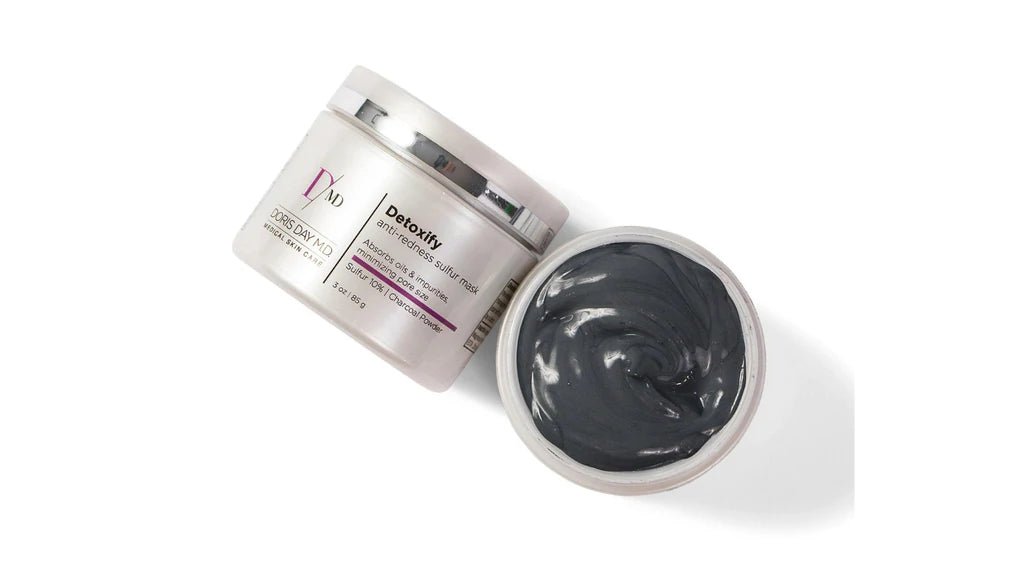Your skin is teeming with bugs, and I’m here to show you how that’s a good thing! We are learning more and more about the gut biome, but the skin microbiome is also a vital and complex community of microorganisms, consisting mostly of bacteria, that live on our skin's surface, that impact your health.
The skin biome plays a pivotal role in key skin functions like maintaining skin health, which affects everything from resistance to infection, control of skin disease like psoriasis and eczema, and defense against skin aging as well. Research indicates that the skin microbiome helps fend off disease-causing microorganisms, enhances barrier protection, and supports immune defenses. Similar to the gut microbiome, a healthy skin microbiome thrives in a slightly acidic environment (pH around 5.0) and helps prevent overgrowth of harmful pathogens.
A balanced skin microbiome is essential for radiant and youthful skin by keeping inflammatory processes at bay and helping to balance against excess water loss from the skin. It also contributes to skin's smoothness and resilience. Imbalances can lead to skin issues like acne, eczema, and increased sun damage. Maintaining a proper moisture barrier, hydration, and pH level between 5.2 and 5.4 throughout the day are key factors in supporting the skin microbiome. Natural ingredients like squalane and hyaluronic acid aid in maintaining the microbiome and hydration.
The connection between skin health and the microbiome is further seen in the way skin issues relate to microbiome health. The three main layers of skin—epidermis, dermis, and hypodermis—comprise the body's largest external organ and are intertwined with the microbiome. Moreover, understanding the microbiome can lead to personalized skincare routines, as demonstrated by the use of microbiome tests to create custom skincare plans.
The skin microbiome's influence on skin health and rejuvenation is profound. Its role in maintaining barrier function, fending off pathogens, and supporting immune defenses underscores its significance. Taking steps to maintain a balanced microbiome through proper skincare, hydration, and healthy diet can contribute to healthy, glowing skin throughout life.


![[The Science] You and Your Biome. Skin Health From The Inside and Out](http://dorisdaymd.com/cdn/shop/articles/Untitled_design_-_2023-10-04T112000.884-295556_1100x.jpg?v=1696490067)

![[Q&A Session] How Can I Regain Lost Collagen?](http://dorisdaymd.com/cdn/shop/articles/blog_collagen-129369.jpg?v=1697650152)
![[The Guide] The Role of Vitamins in Skin Health](http://dorisdaymd.com/cdn/shop/articles/Untitled_design_-_2023-07-17T132550.194-746592_1-766200.jpg?v=1692761464)
